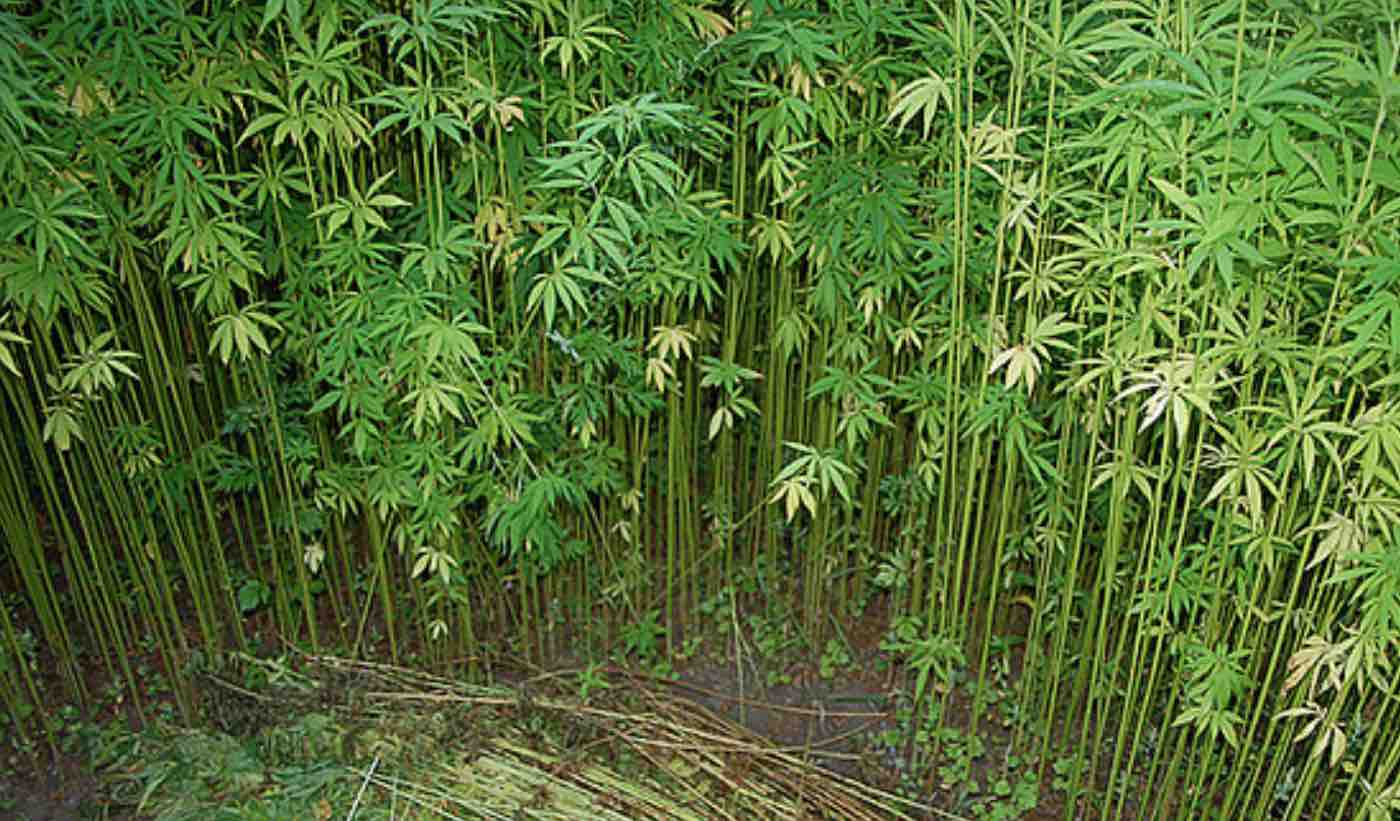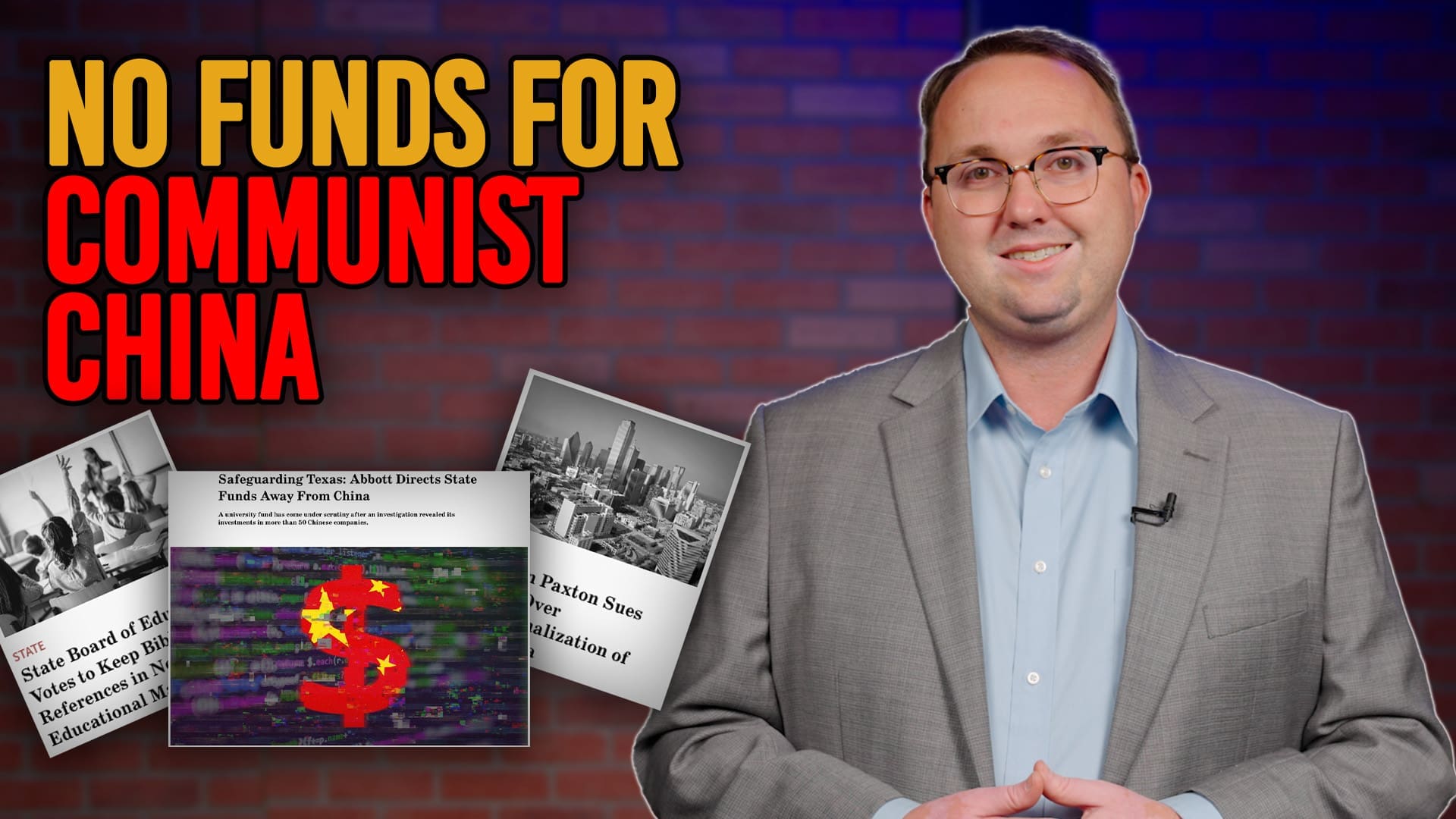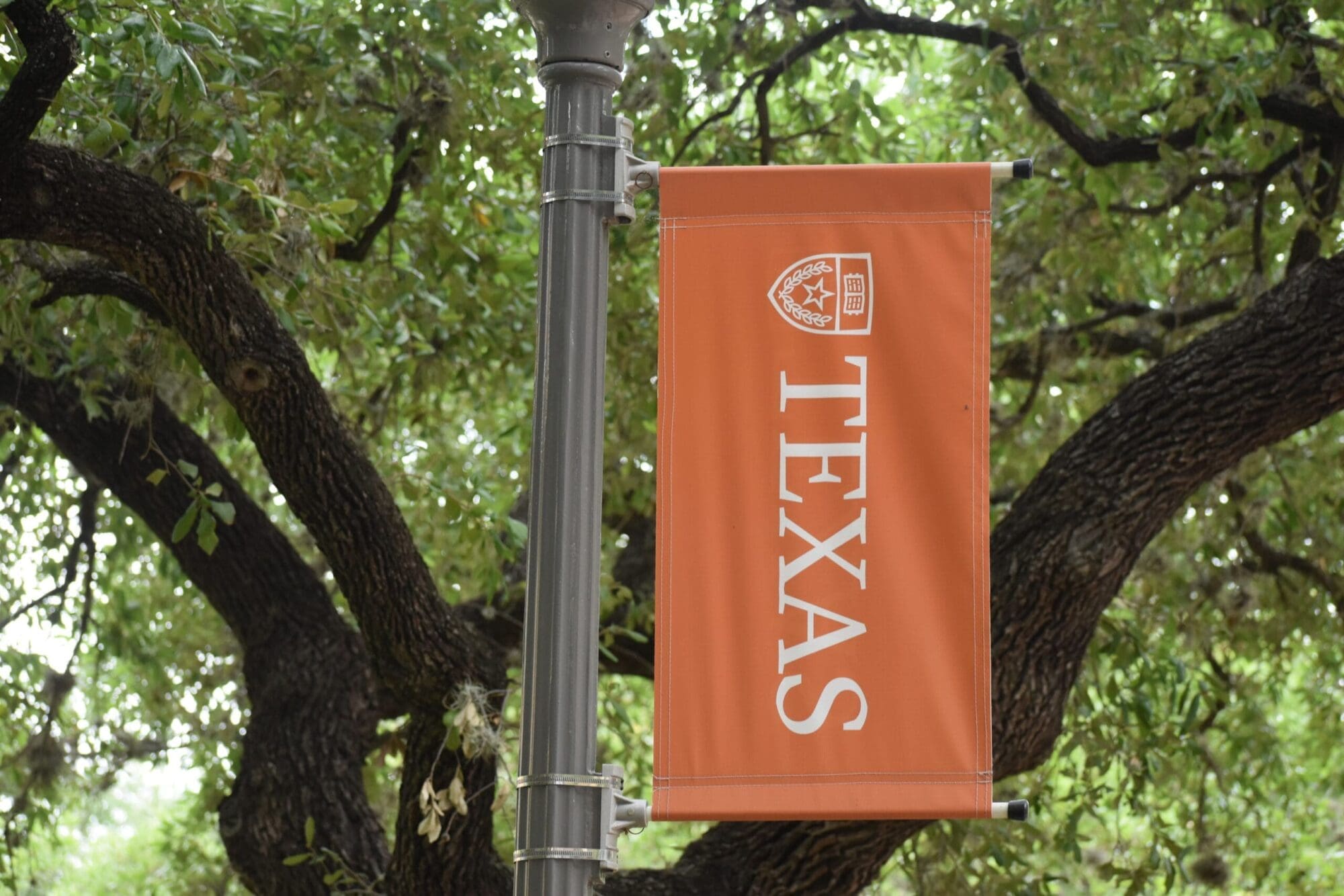Texas district attorneys are saying a new law legalizing hemp could have the effect of derailing all marijuana prosecutions for the next year.
House Bill 1325 by State Rep. Tracy King (D–Batesville), a bill legalizing low-THC hemp products, passed the legislature by a wide margin and was signed into law by Gov. Abbott earlier this month. Since then, law enforcement agencies have been left scrambling trying to figure out what to do with existing marijuana prosecutions because of how the new law was written.
Under the new law, cannabis products containing less than .3 percent THC, the chemical that causes users to experience a high, are classified as “hemp” and treated differently than “marijuana,” which remains illegal.
Although new laws typically take effect after September 1, HB 1325 contained a clause that caused it to go into effect immediately if it received more than 2/3 support in the legislature.
According to James Miller of the Houston Forensic Science Center, which houses HPD’s crime lab, the immediate implementation of the law “took them by surprise.” Miller says that crime labs across Texas currently lack the equipment to test for the THC content of cannabis samples in order to tell the difference between “hemp” and “marijuana.” Furthermore, even after the labs acquire the necessary equipment and develop testing protocols, they may need to retest as many as 10,000 existing samples.
Even more critically, the new bill omitted a provision that would have ensured it was not implemented retroactively. That creates a problem for any marijuana prosecution scheduled to go to trial this year as defendants will be able to argue for a lack of evidence that any material seized had a THC-content in excess of .3 percent.
In an interim update circulated to district attorneys earlier this week, the Texas District and County Attorneys Association said that prosecutors may have to “get creative” in the disposition of pending marijuana cases, if they choose to accept them at all. The Association pointed DAs toward prosecutions for undocumented transportation of hemp, but that is a Class C misdemeanor carrying a maximum $1000 fine.
While this may initially seem a matter of little concern to those who favor legalization of marijuana, or decriminalization of the possession of small amounts of marijuana, these barriers to prosecution will not just impact marijuana possession cases. Marijuana trafficking cases brought against dangerous drug cartels could also be thwarted by prosecutors’ inability to prove that seized materials have a sufficient THC content to constitute marijuana.
Texans who are concerned about the new law’s implementation can look to Gov. Abbott as the only official who can provide an opportunity to fix this unintended situation. Abbott has the power to call legislators back for a special session to fix the loopholes in the law and ensure hemp legalization is accomplished without derailing major marijuana prosecutions.




